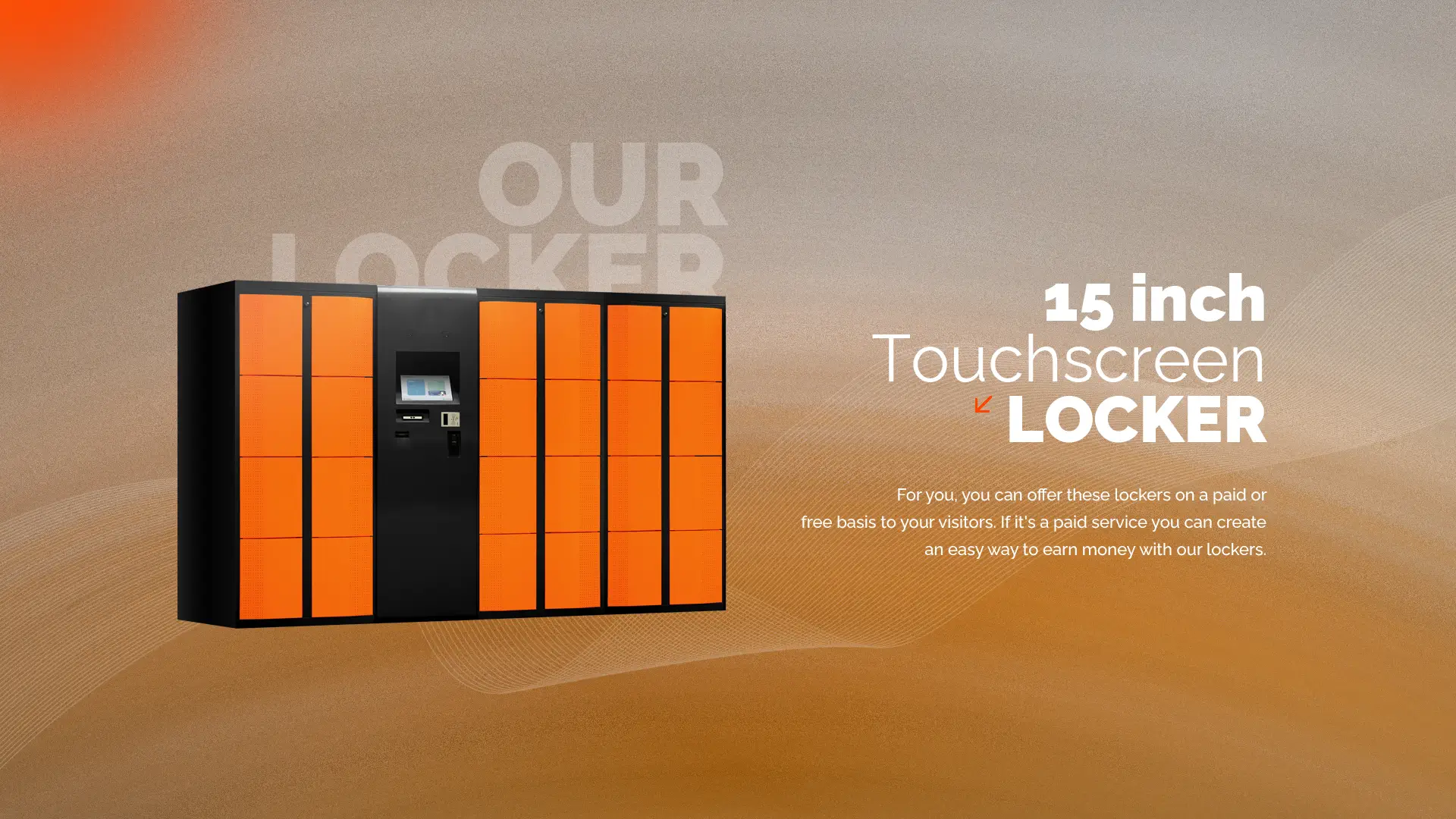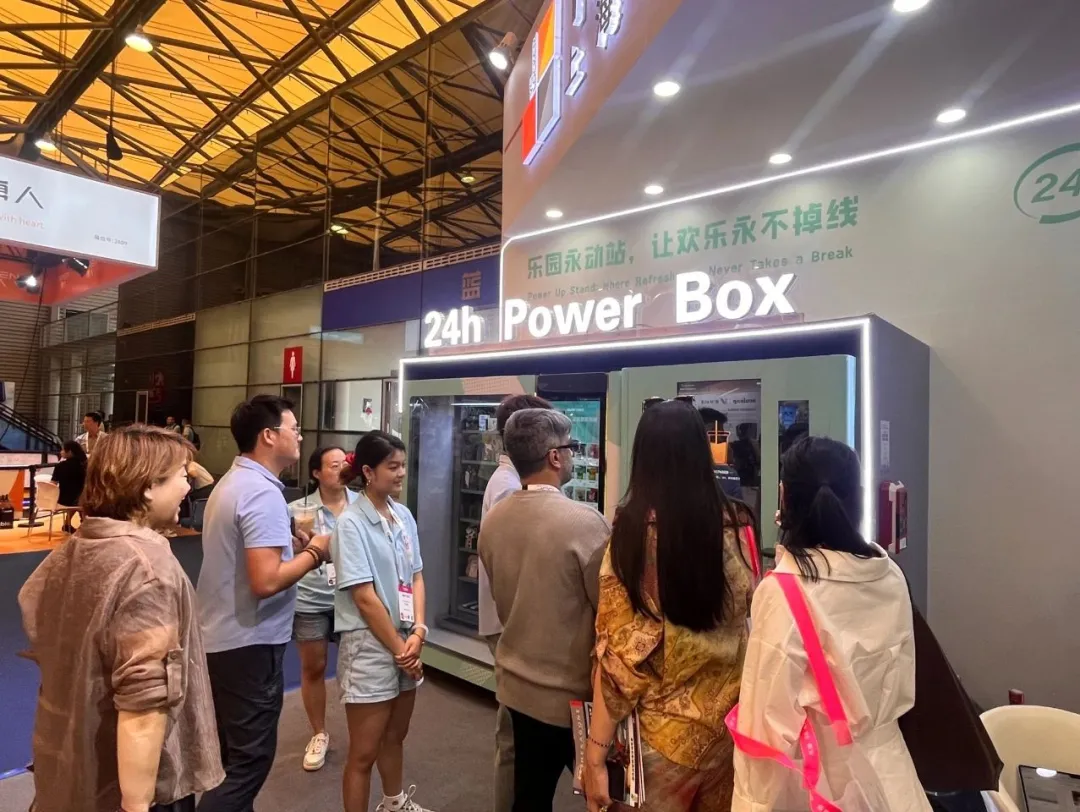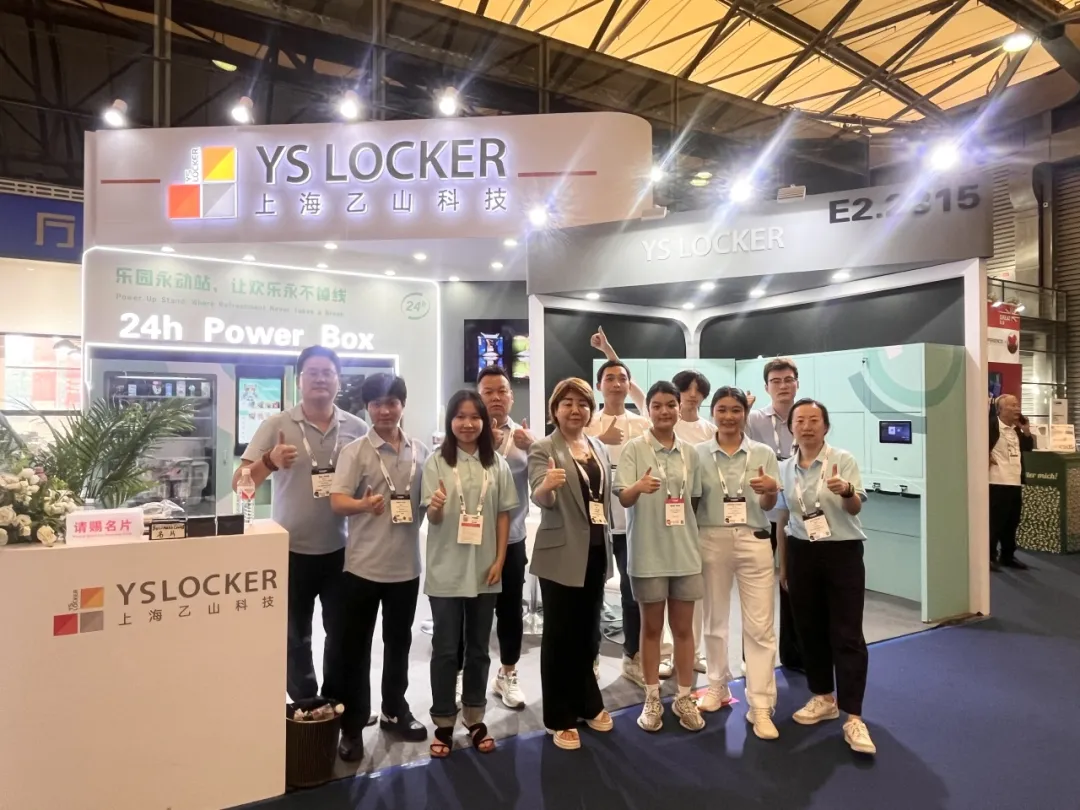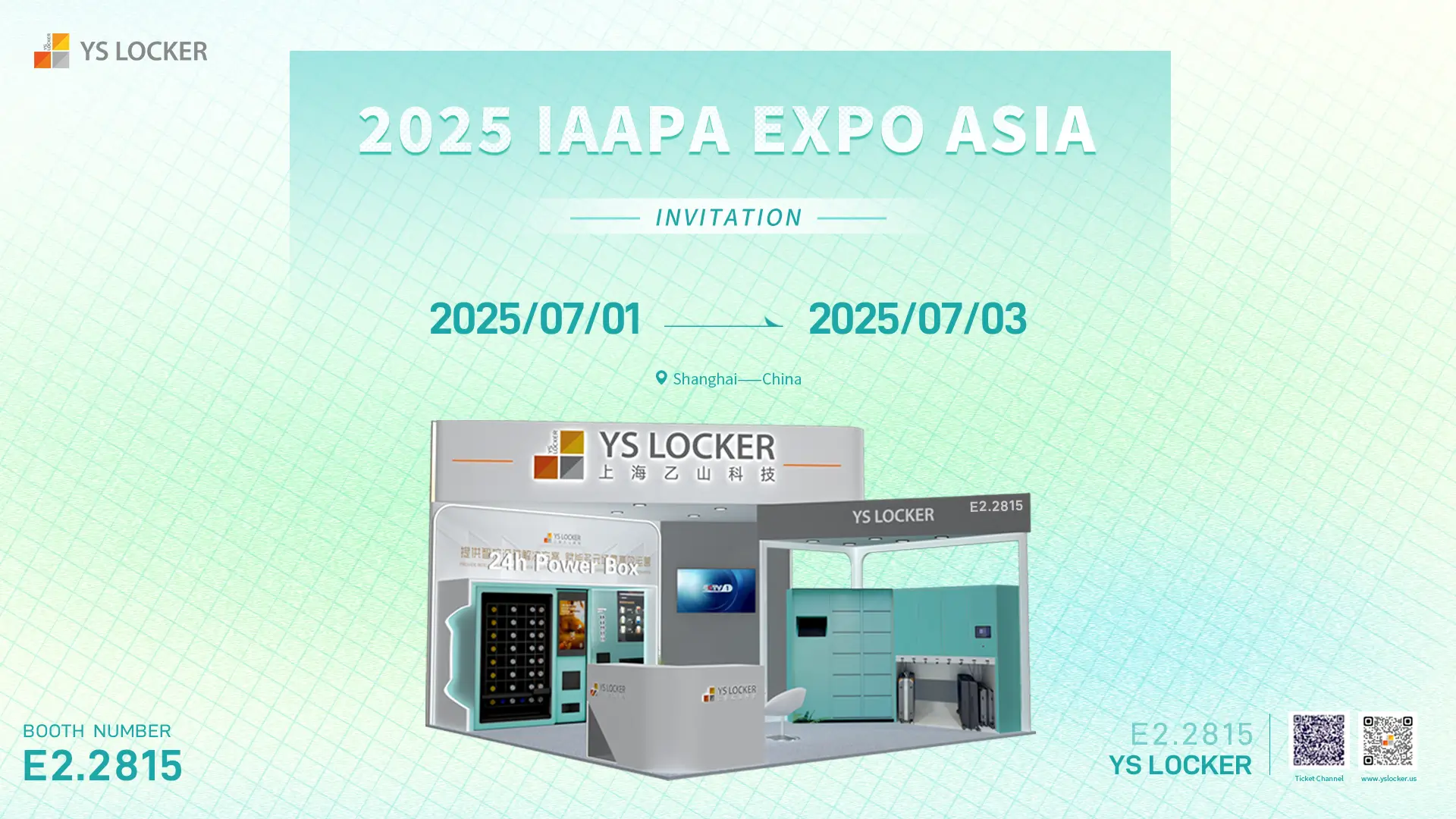What is a Smart Locker?
A smart locker is a digitally controlled storage unit that provides secure access to items through electronic means such as PIN codes, RFID cards, or mobile apps. These lockers are typically designed to be highly secure and easily accessible, providing users with the ability to store, retrieve, and manage their belongings remotely.
Unlike traditional lockers, which require physical keys, smart lockers often include advanced technology, such as cloud-based management systems, to ensure easy and efficient operation. These lockers can be installed in various environments, from offices to public spaces, offering flexibility and customization to suit different needs.
Key Features of Smart Lockers
- Access Control: Smart lockers often come with various access options, including PIN codes, QR codes, biometrics, or mobile apps. This level of access control ensures that only authorized individuals can access the contents of the locker.
- Remote Management: With a cloud-based platform, administrators can monitor and manage locker usage remotely. This feature is particularly useful for businesses that need to oversee multiple lockers spread across different locations.
- Security: Advanced security features such as tamper detection, encrypted communication, and surveillance integration make smart lockers a reliable and safe solution for storage.
- User-Friendly Interface: The interface of a smart locker is designed to be intuitive and easy to use. Whether it’s through a touch screen, a mobile app, or a digital keypad, users can easily interact with the lockers to access their items.
- Integration with Other Systems: Smart lockers can be integrated with other systems, such as building management software, inventory systems, and employee management tools, to provide a seamless experience for both users and administrators.
Benefits of Smart Locker Solutions
- Enhanced Security
The primary benefit of a smart locker is the added security it provides. Traditional lockers can be easily tampered with, and keys can be lost or stolen. With a smart locker system, access is controlled electronically, reducing the risk of unauthorized access and theft. - Convenience
Smart lockers are incredibly convenient for users. They allow for 24/7 access to stored items, eliminating the need to worry about business hours or office access restrictions. With remote access options, users can open lockers from their smartphones or desktops, making it easy to manage their storage needs on the go. - Space Optimization
Traditional storage systems can take up a lot of physical space. Smart lockers, however, can be designed to maximize storage in a smaller area. Modular designs also allow businesses to scale their locker systems as needed. - Reduced Operational Costs
By automating the locker access process, businesses can reduce the need for staff to manage locker systems, which in turn lowers operational costs. Additionally, cloud-based systems enable businesses to monitor locker usage in real time, allowing them to make data-driven decisions for maintenance and optimization. - Tracking and Analytics
Smart lockers provide detailed insights into how the lockers are used. Businesses can monitor which lockers are accessed most frequently, the time of day when usage is highest, and even the types of items stored. This data helps businesses better understand user behavior and optimize their operations accordingly.
Use Cases for Smart Locker Solutions
1. Corporate Environments
In corporate offices, smart lockers offer a practical solution for employees who need to store personal items, laptops, or other valuables. By integrating with access control systems, businesses can provide employees with a secure way to store their belongings without worrying about lost keys or unauthorized access. Additionally, smart lockers can be used to store packages and deliveries, reducing the need for a physical mailroom.
2. Residential Buildings
Smart lockers are also gaining popularity in residential buildings and apartments. They provide tenants with a secure location to receive packages and mail, especially in multi-unit dwellings where packages can be left outside or in shared areas. The system allows tenants to collect packages at their convenience without worrying about missing deliveries or theft.
3. Gyms and Fitness Centers
Gyms are another place where smart lockers shine. With members coming in and out at different times, it’s essential to have a locker system that is not only secure but also efficient. A smart locker solution allows members to access their lockers without the hassle of remembering keys, and gym owners can track locker usage to ensure they are properly maintained.
4. Retail and E-commerce
Retailers and e-commerce businesses are also using smart lockers to improve their customers’ experience. For example, some companies offer click-and-collect services, where customers can pick up their online orders from a nearby smart locker. This option reduces delivery times and provides a convenient, contactless method for picking up items.
5. Educational Institutions
Schools, universities, and colleges can benefit from smart lockers by offering secure storage options for students. Whether it’s for books, personal items, or electronic devices, students can enjoy the convenience of accessing their lockers using their mobile phones or student IDs.
How to Choose the Right Smart Locker Solution
Choosing the right smart locker solution depends on several factors, including your specific needs, the environment in which it will be used, and your budget. Here are a few things to consider:
- Size and Capacity: Ensure that the lockers can accommodate the types of items you intend to store. Some lockers are designed for smaller personal items, while others are built for larger packages or equipment.
- Security Features: Look for a system that offers multi-factor authentication (such as PIN codes and biometric access) and tamper-proof design to ensure the highest level of security.
- Integration Capabilities: Make sure the locker system can integrate with your existing security systems or management software. This will ensure seamless operation and efficiency.
- User Experience: The locker system should be easy to use, both for the end user and the administrator. A user-friendly interface will reduce the learning curve and improve customer satisfaction.
- Support and Maintenance: Choose a provider that offers ongoing support and maintenance services to ensure your smart locker system continues to function smoothly.
Conclusion
In an increasingly digital world, smart locker solutions are becoming a vital component in securing and organizing storage needs for businesses, residential buildings, and various institutions. By offering enhanced security, convenience, and operational efficiency, these systems provide significant advantages over traditional locker setups.
Whether you’re looking to streamline package management, offer secure personal storage, or improve access control in your workplace, a smart locker system is an investment that will not only improve security but also enhance overall user experience. As the demand for more advanced storage solutions continues to grow, the role of smart lockers will only become more critical in providing reliable and efficient storage solutions across various industries.





